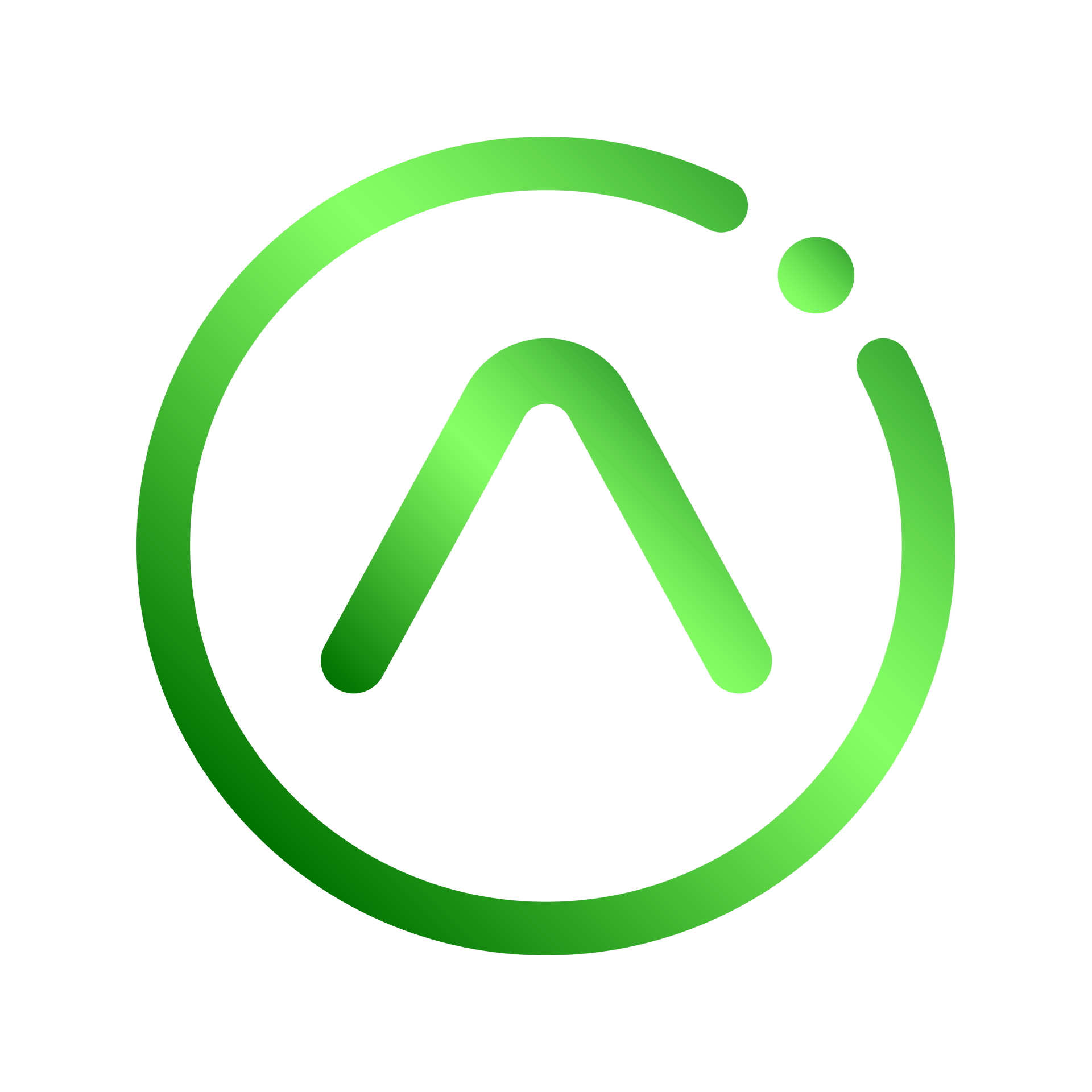Information Technology
NQF Level:
Credits:
Minimum Duration:
Faculty:
Department:
Accreditation Authority:
Why Choose This Qualification?
Admission Requirements.
- An NQF Level 2 qualification or equivalent.
- Relevant industry experience may qualify through Recognition of Prior Learning (RPL).
Qualification Structure.
- Module 1: Communication (e.g., oral and written communication skills).
- Module 2: Numeracy Skills (e.g., business calculations).
- Module 3: ICT Concepts (e.g., ICT components and safety).
- Module 4: Microsoft Word (e.g., word processing and document formatting).
- Module 5: Microsoft PowerPoint (e.g., presentation creation and enhancement).
- Module 6: Microsoft Access (e.g., database management).
- Module 7: Internet & Email (e.g., browsing and messaging applications).
- Module 8: Project Management (e.g., project tools and administration).
Learning Outcomes.
- Apply GUI-based applications for word processing, presentations, and spreadsheets.
- Enhance communication through IT applications.
- Use End User Computing applications to improve professional productivity.
- Demonstrate the role of ICT in organizations.
International Comparability.
Qualification Modes of Delivery and Support.
- Contact Learning: In-person classes.
- Blended Learning: Online and face-to-face sessions.
- Distance Learning: Self-paced study.
Career Opportunities.
- Office Administrator
- Personal Assistant
- Data Entry Clerk
- Project Support Officer
- Customer Service Representative
Articulation Options.
- Horizontal: National Certificate: Management (NQF Level 3).
- Vertical: Further Education and Training Certificate: IT Technical Support (NQF Level 4).
- Diagonal: Further Education and Training Certificate: Project Management (NQF Level 4).
Ensure Compliance, Empower Financial Accuracy.
With the Occupational Certificate in Tax Technology, you’re not just earning a qualification—you’re stepping into a crucial role in maintaining tax compliance and supporting financial accuracy. Gain the expertise to manage tax calculations, ensure VAT and payroll compliance, and navigate complex tax regulations with confidence.
Don’t wait to become an essential part of the financial sector.
Enroll today and build a career where you secure financial integrity and guide clients with precision!




